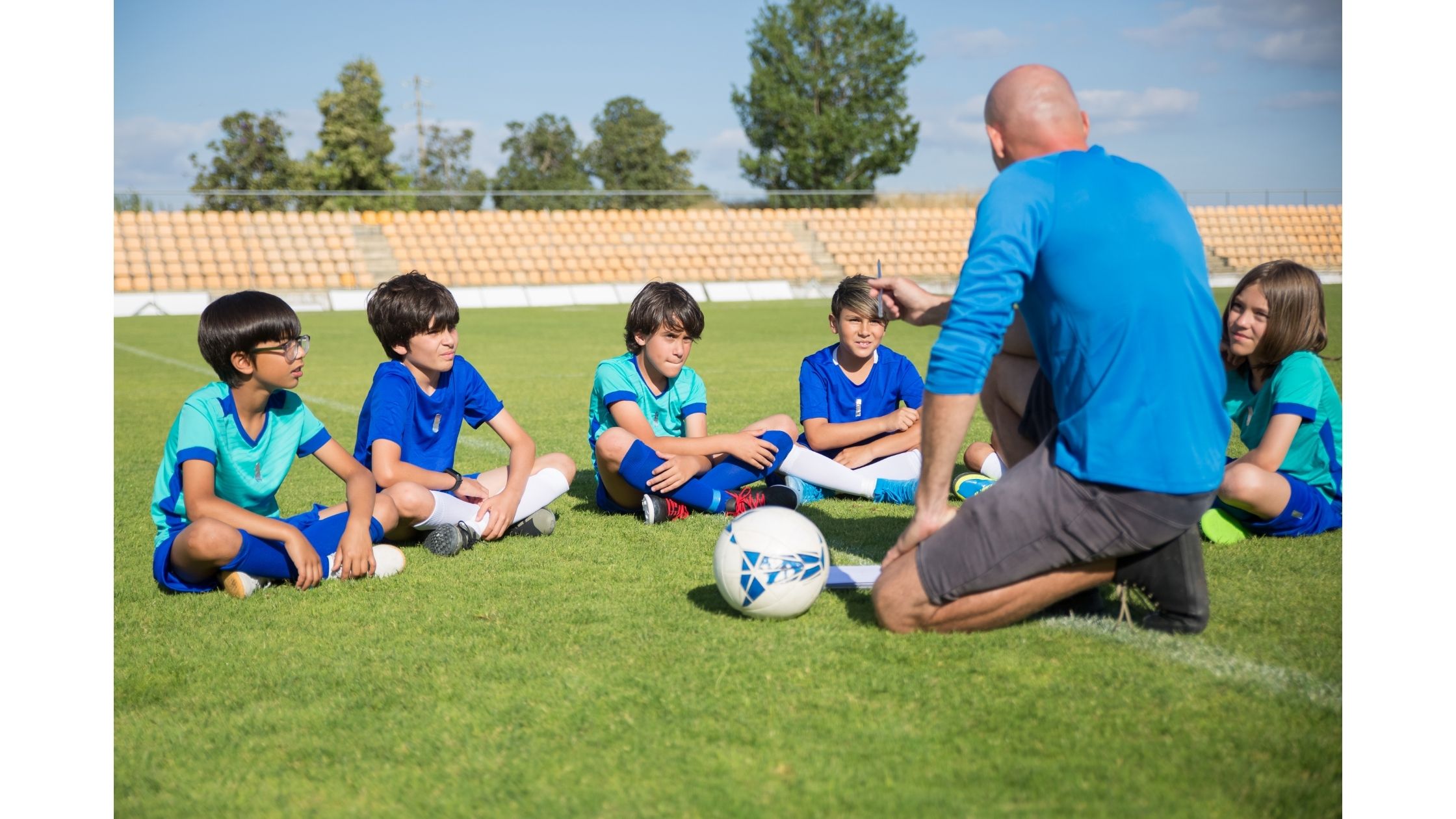When choosing Suitable Sports for Children: Starting physical activity for children at an early age can help them lay the foundations of a healthy lifestyle. Sports are important for children not only in terms of physical health, but also in terms of social, emotional and mental development. However, care must be taken when choosing which sports are suitable for children, because each child's needs are different.
Contribution to Children's Physical and Emotional Development: The Role of Sports
This article will provide detailed information about how children should start physical activity and which sports they should prefer.
Sports Appropriate for Children's Ages
It is important to choose sports that are appropriate for children's ages because each age group has different physical abilities and needs. Here are the sports suitable for some age groups:
- 3-5 Years: The most suitable sports for this age group are activities such as simple games, walks and cycling. Children these ages are still developing their motor skills, so play-based activities are important to develop basic movements and balance.
- Ages 6-9: Suitable sports for primary school aged children include team and individual sports such as football, basketball, swimming, cycling and athletics. Children around this age begin to develop basic coordination and motor skills.
- 10-12 Years: Children in this age group gain more skills and may be interested in more complex sports. Sports such as tennis, volleyball, gymnastics and karate are suitable for this age group.
- Ages 13-18: Middle school and high school aged children may begin to show more specific interest in certain sports. There are many sports options in this age group such as football, basketball, volleyball, swimming, handball, athletics, wrestling and many more.
Benefits of Sports for Children
There are many benefits for children to do sports. Here are some:
- Physical Health: Sports improves children's physical health. Regular physical activity reduces the risk of obesity, promotes muscle development, increases bone density and improves cardiovascular health.
- Social Development: Team sports help children learn cooperation, teamwork and leadership skills. It also helps them establish friendships and strengthen their social relationships.
- Self-Esteem and Self-Confidence: Sports enable children to gain self-confidence and learn to compete with others. Celebrating their successes increases children's self-esteem.
- Emotionally Stable: Sports can help children reduce stress, learn anger management, and improve mood balance.
- Mental Development: Sports can increase children's ability to focus and contribute to their problem-solving abilities.
Things to Consider When Choosing a Sport
There are some factors to consider when choosing sports for children. Here are some of them:
- Child's Interests and Abilities: Every child has different interests and abilities. Choosing a sport your child is interested in can increase his motivation.
- Safety: You should consider whether the sport your child chooses is safe. The safety of sports equipment and facilities is also important.
- Expert Guidance: A trained coach or athletic trainer can help your child learn the basic techniques of the sport properly.
- Balance: To prevent your children from doing too much sports, you must strike a balance between classes, homework, and other activities and sports.
- Fun: It is important that sports be fun for children. It may be difficult for them to continue a sport in the long term if they become bored with it.
Children's participation in sports can positively affect their physical, emotional, social and mental development. By choosing a sport that suits your child's age, interests and abilities, you can encourage a healthy lifestyle and contribute to his or her development.
